The Challenge of the Times
5 lectures, Dornach, November 29 – December 8, 1918 (CW 186)
In these lectures, given just days after the end of World War I, Steiner describes the new developments in mechanics, politics, and economy, as well as new capacities and methods in the West and the East. He reveals their fruitful potentials, but also the dangers of their abuse. He discusses social and antisocial instincts, specters of the Old Testament in the nationalism of the present, and the innate capacities of various nations.
CONTENTS:
1. East and West from a Spiritual Point of View
2. The Present from the Viewpoint of the Present
3. The Mechanistic, Eugenic, and Hygienic Aspects of the Future
4. Social and Antisocial Instincts
5. Specters of the Old Testament in the Nationalism of the Present
6. The Innate Capacities of the Nations of the World
This volume is a translation of Die soziale Grundforderung unserer Zeit (GA 186).
About the Author
Rudolf Steiner (1861–1925) was born in the small village of Kraljevec, Austro-Hungarian Empire (now in Croatia), where he grew up (see right). As a young man, he lived in Weimar and Berlin, where he became a well-published scientific, literary, and philosophical scholar, known especially for his work with Goethe’s scientific writings. At the beginning of the twentieth century, he began to develop his early philosophical principles into an approach to systematic research into psychological and spiritual phenomena. Formally beginning his spiritual teaching career under the auspices of the Theosophical Society, Steiner came to use the term Anthroposophy (and spiritual science) for his philosophy, spiritual research, and findings. The influence of Steiner’s multifaceted genius has led to innovative and holistic approaches in medicine, various therapies, philosophy, religious renewal, Waldorf education, education for special needs, threefold economics, biodynamic agriculture, Goethean science, architecture, and the arts of drama, speech, and eurythmy. In 1924, Rudolf Steiner founded the General Anthroposophical Society, which today has branches throughout the world. He died in Dornach, Switzerland.
Olin D. Wannamaker (1875–1974) was born in Bamberg, South Carolina in the aftermath of the Civil War. One of eleven children, he received an M.A. at Vanderbilt University in Nashville and completed a year of postgraduate work at Harvard, focusing on philosophy and German and Greek languages. Having accepted an educational post in China, in 1902 he founded a high school near Canton that eventually became a university. He also oversaw the construction of roads and bridges while in China. He soon met and married Katherine Hume. A year later, they returned to the U.S., where he joined the faculty of the Auburn Polytechnic Institute in 1912. During World War I, he edited a newspaper for American soldiers in Italy, where he and his family lived for several years. In the Early 1920s, he became interested in Anthroposophy and joined the Society in 1923, enrolling is daughter of eleven in a Waldorf school and moved to Dornach, Switzerland. Olin Wannamaker soon became involved in the spiritual life at the Goetheanum, publishing the American Newsletter. After returning to the U.S., he served as chair of the Anthroposophical Society in America from 1958 to 1962. After a busy period of lecturing and writing, he died on Easter Sunday at the age of 98.


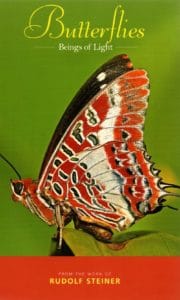


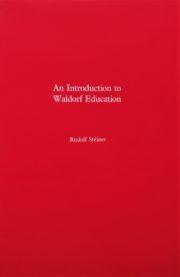
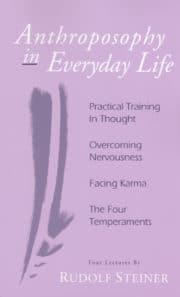

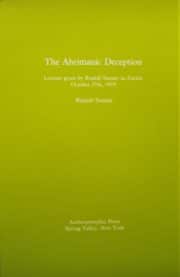
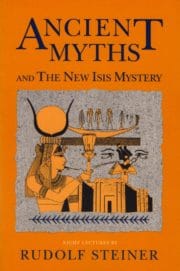


Reviews
There are no reviews yet